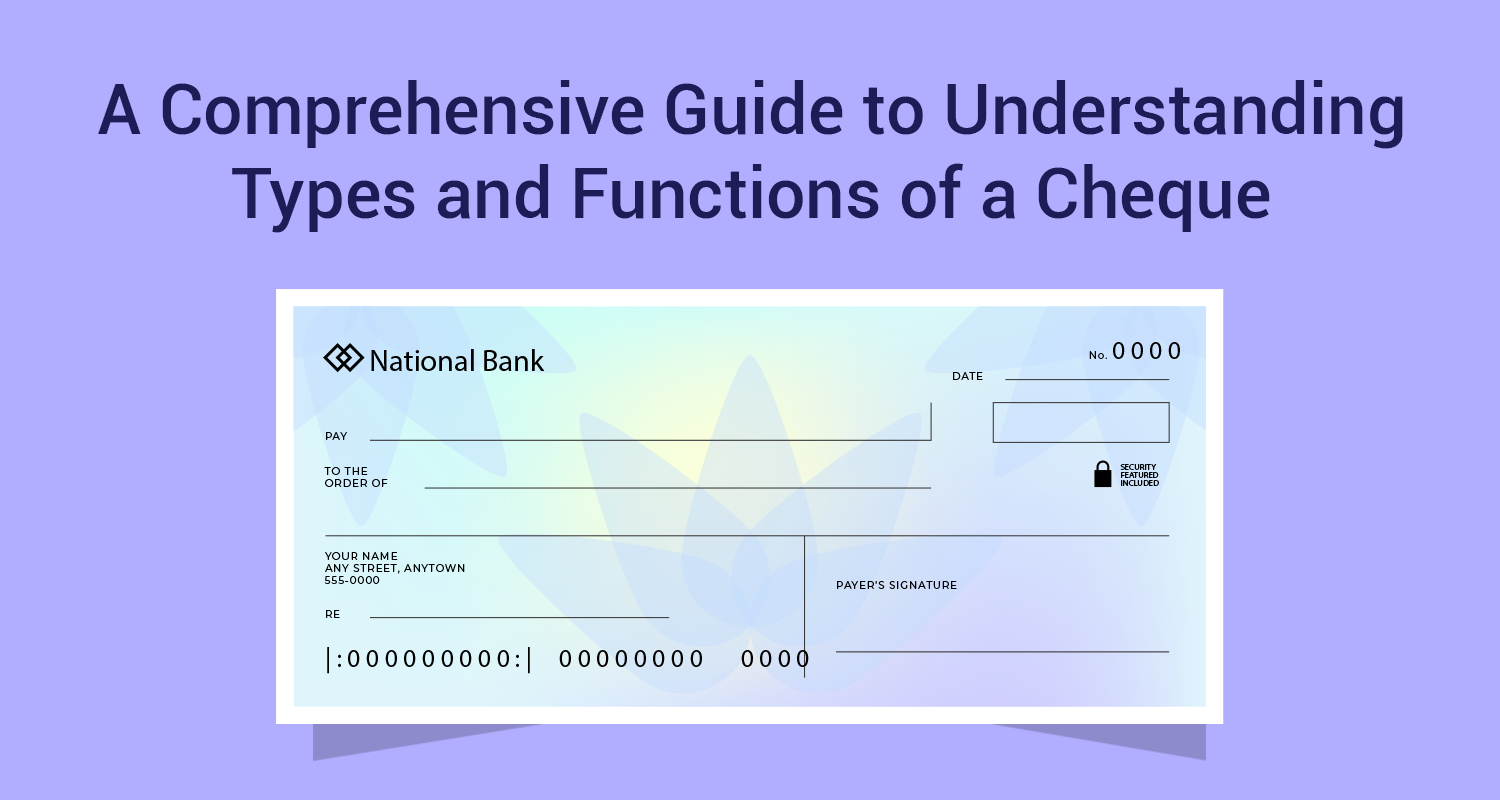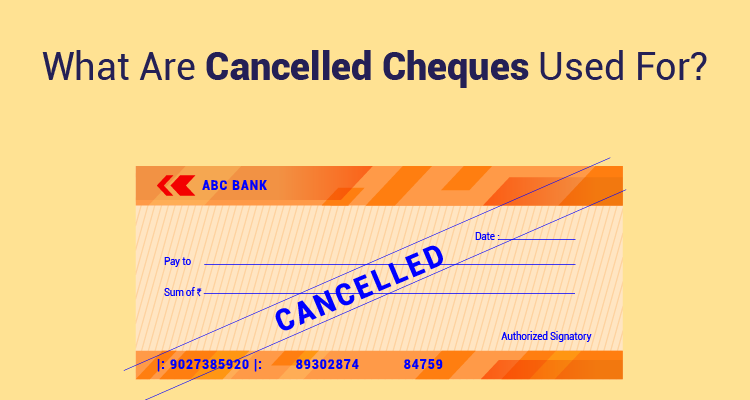Is SIP Good or Lump-Sum Good to Invest In Mutual Funds?

As a mutual fund investor, you have two methods of investing. You can either opt to invest a lump-sum in mutual funds or you can opt to do a systematic investment plan, wherein each month on a specified date a fixed sum is invested into the fund. How does a SIP compare with a lump-sum allocation to a mutual fund? Let us compare on 5 key parameters.

What Syncs Better with Your Financial Plan
This is a fundamental question that you need to answer. When you are planning your future goals like retirement, childâs education etc, how do you ensure discipline? The answer is to tag investments to specific goals. That becomes a challenge in lump-sum investing because your lump-sum funds cannot match up to your goals. A better way to match your goals is to identify the future fund requirement and then work backward to see how much regular investing is required and in which asset class. A SIP on an equity fund can be a much better and more efficient way of planning for your retirement than trying to invest whenever you get lump-sum amounts. The former approach is more practical too.
Which Is More Economical in Terms of Cost of Buying?
The whole idea of getting into a long-term asset class like equity fund for your SIP is to maximize the returns on your investment. You obviously do not have control over the performance of the fund as that is an extraneous subject. What you do control is the cost of the acquisition of your investment. When you invest in lump-sum, you are assuming that you are smart enough to buy at lower levels. That is not really practical because even the best of investors struggle to find market tops and bottoms. A better way is to let regular investing reduce the average cost in your favor. The SIP approach works much better in reducing the average cost of holding.
What Is a Better Bet in Terms of Matching with Your Cash Flows?
This is a very real issue that we need to contend with. How do we typically get our inflows? Irrespective of whether we are in a job or in business, the flows will be periodic. Most likely you will be getting your inflows on a monthly basis. Your lump-sum receipts will be occasional as and when you get your annual bonus or some other bulk payment. That is not exactly predictable. What are more predictable are your regular flows? Therefore it is always a better idea to adopt the SIP approach. If you adopt a monthly SIP then you can create wealth gradually without relying on bulk inflows. You do not feel the pinch and the corpus keeps getting accumulated.
What Works Better in Bull Markets?
This is an interesting question. Obviously, when you are in the midst of a bull market then a bulk investment would work better. That is because you have purchased the fund at a level from where it continues to appreciate. Had you relied on a SIP, then you would continue to buy the units of the fund at higher prices. As a result, over a period of time, your average cost of buying the fund will be higher than the initial cost of the fund. However, that is not the way it works practically. You do have bull markets for a period of 2-3 years and then there is a prolonged period of correction and volatility. That is when your SIP discipline works in your favor. When you are planning long-term goals over 25 years, you are not looking at specific bull phases. You are actually looking at a series of cycles over 25 years time period. SIPs are a better choice.
Which of Them Works Better in Bearish Markets?
This should work like a reverse of the bull market argument but it is not that simple. In a prolonged bear market, both SIPs and lump-sum investments tend to suffer. In the case of SIP, the final value will continue to be below your buying price for a very long time. For example, if someone had started a SIP in 2007 at the peak of the markets, it would have taken them 5-6 years for the cycle to play out in their favor. Here again, bet on the long term!
The bottom line is that SIPs work better for you over a longer time frame. That is what you are looking at in financial planning. Above all, it is absolutely pragmatic and realistic for you as an investor.
Disclaimer : The information in this blog is for general purposes only and may change without notice. It does not constitute legal, tax, or financial advice. Readers should seek professional guidance and make decisions at their own discretion. IIFL Finance is not liable for any reliance on this content. Read more



